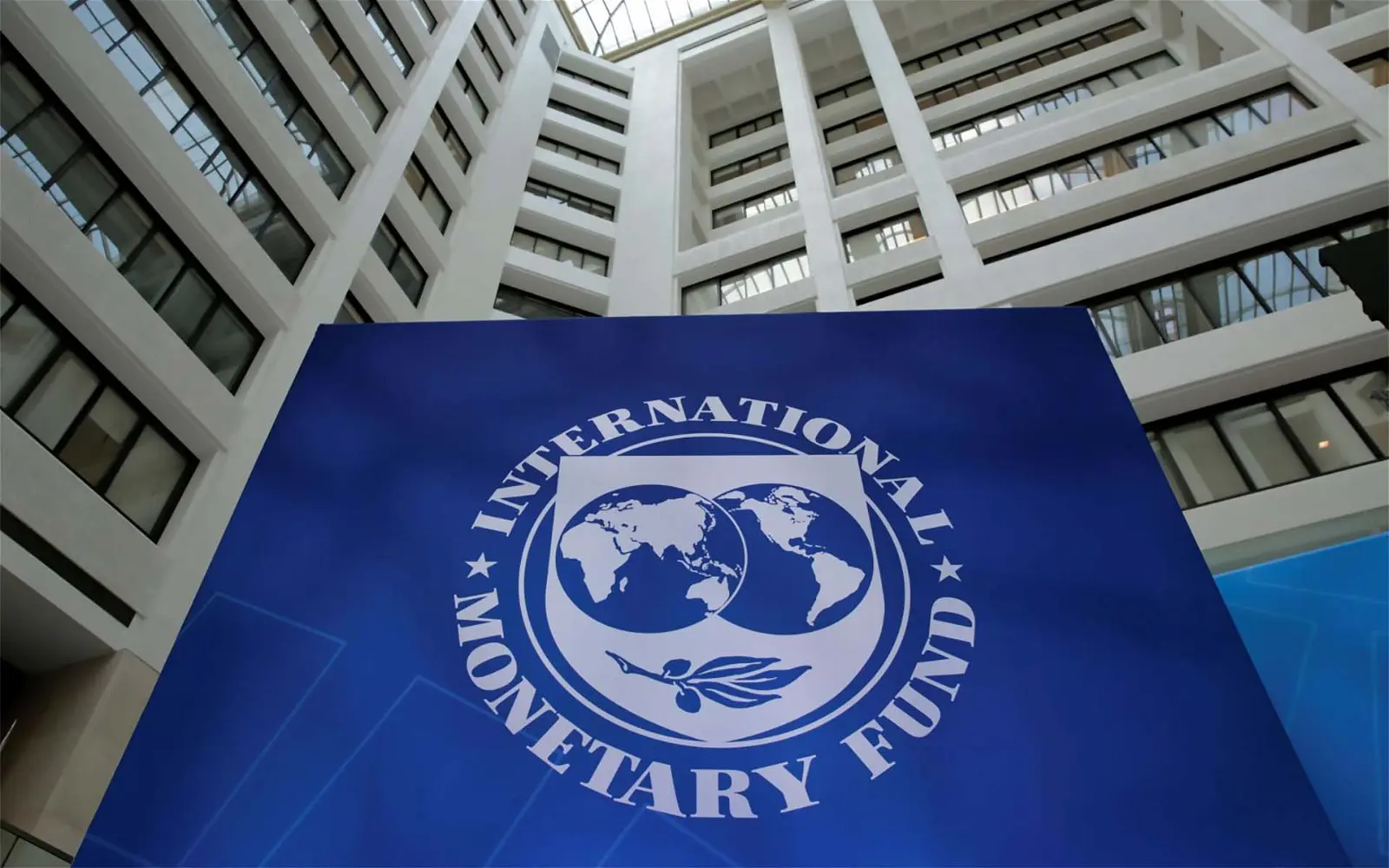The International Monetary Fund (IMF) has issued a call to the Federal Government, urging a complete cessation of fuel and electricity subsidies, as articulated in its recent publication. In addition to other strategies such as the release of grains and the provision of subsidized fertilizers to mitigate the impact of escalating inflation, the IMF underscores that the government has instituted constraints on retail fuel and electricity rates.
This action, as per the IMF, signifies a partial reversal of the cessation of fuel subsidies announced by President Bola Tinubu on May 29, 2023. The IMF’s recommendation highlights the necessity for fiscal overhauls and structural modifications to ensure enduring economic expansion and financial steadiness in Nigeria.
Despite the fluctuations observed in global crude oil values, the retail price of petrol within the nation has sustained a relative constant. This consistency in petrol prices amidst the volatile conditions of the global market implies a concerted endeavor by the government to manage the repercussions of external factors on domestic energy expenses.
The IMF’s advocacy for a complete cessation of fuel and electricity subsidies mirrors its advocacy for market-driven policies and fiscal responsibility to address macroeconomic discrepancies and amplify competitiveness. By diminishing reliance on subsidies, the government endeavors to establish a more efficient and transparent mechanism for energy pricing while enhancing fiscal viability over the long term.
The decision to impose caps on retail fuel and electricity prices signifies a change in the government’s methodology toward subsidy management and energy sector reforms. It accentuates the significance of striking a balance between shielding consumers from price fluctuations and cultivating an environment conducive to investment and economic variety.
As Nigeria traverses the intricacies of energy subsidy reform, policymakers encounter the challenge of achieving a nuanced equilibrium between considerations for societal welfare and fiscal responsibility. The gradual elimination of subsidies reflects a cautious strategy intended to curtail disruptions to households and enterprises while confronting fiscal vulnerabilities and fostering inclusive progress.
The IMF’s recommendation underscores the exigency of executing comprehensive reforms to fortify fiscal viability and stimulate economic resilience. Through the gradual cessation of fuel and electricity subsidies, Nigeria can redirect fiscal resources toward pivotal domains such as infrastructure advancement, social amenities, and initiatives for poverty alleviation.
Ultimately, the triumphant execution of subsidy reforms hinges on effective communication, stakeholder involvement, and the enhancement of institutional capabilities. As Nigeria embarks on this trajectory of reform, collaboration with international allies, civil society entities, and the private sector will be pivotal in charting a sustainable course toward economic prosperity and societal advancement.




